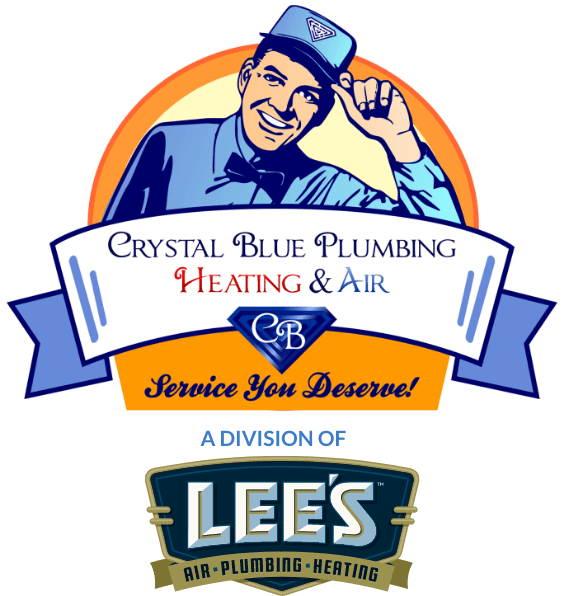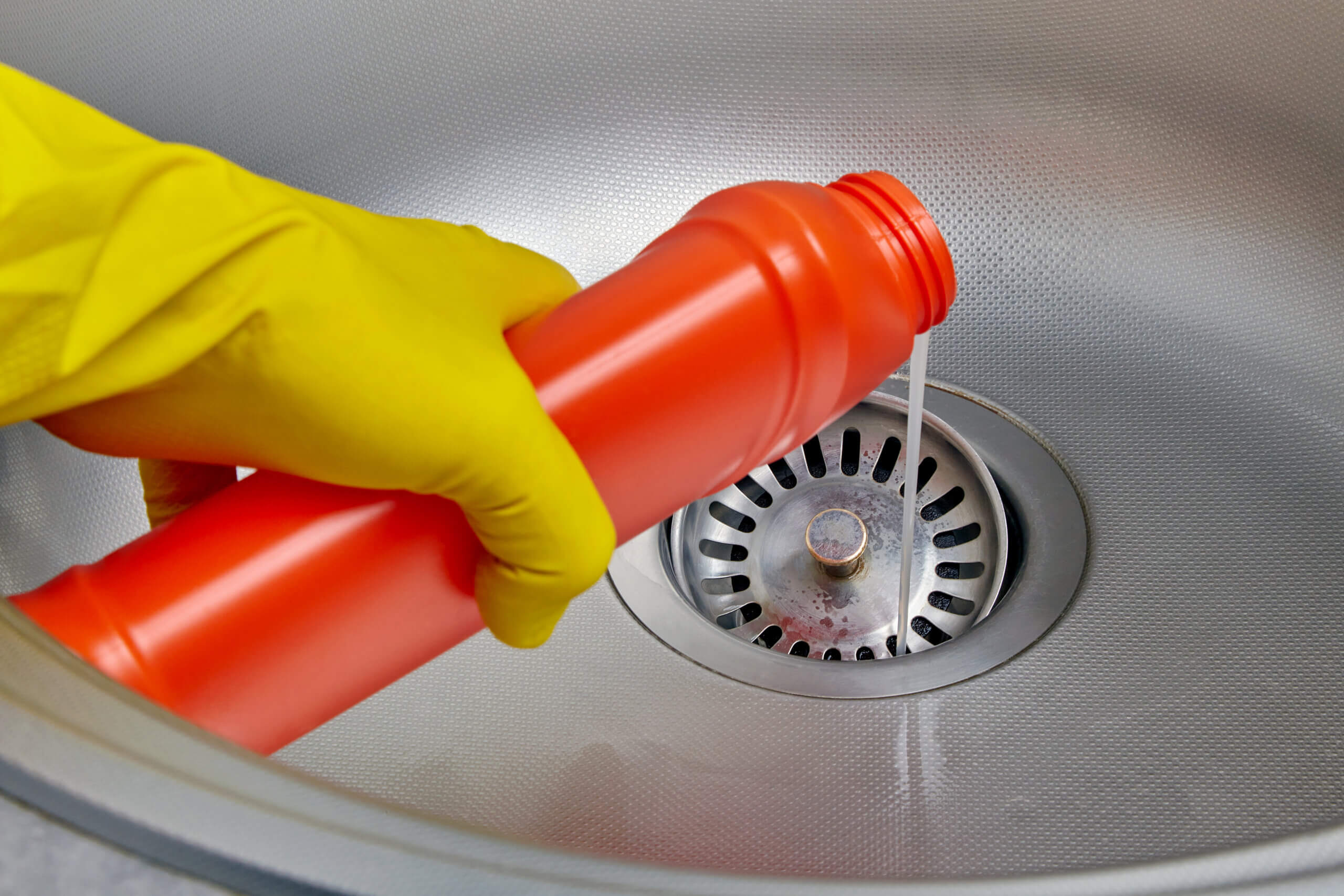Air Quality and Allergies: What You Need to Know
Maintaining the health of those in your household involves carefully and consistently monitoring indoor air quality. If ventilation and air purification systems aren’t working efficiently, your indoor environment will become more polluted than the air outside. Instead of enjoying a cozy atmosphere, you and others in your home may contend with persistent allergies and cold symptoms. Winter can be particularly challenging for air quality, especially when you and your family spend extended periods indoors. Here, you’ll learn about some key recommendations to prevent your air quality from exacerbating allergy symptoms for those in your household.
Indoor Pollutants
Common indoor pollutants, such as pollen, pet dander, and bacteria, are organic contaminants that can carry germs and flourish in warm and humid settings. Dust mites, for instance, may thrive in upholstery and on carpeted surfaces. Bedding is another place where dust can accumulate. Inhaling these microscopic pollutants can trigger a variety of respiratory symptoms, such as wheezing and coughing. Extended exposure may even result in respiratory complications or long-term conditions like chronic obstructive pulmonary disease.
Be mindful of volatile organic compounds (VOCs) found in aerosols and household cleaners, as these human-made chemicals can accumulate to unsafe levels without proper ventilation. In higher concentrations, these gases may irritate your eyes and airways, which will lead to frequent headaches and nausea.
Carbon monoxide, an odorless and colorless gas produced when fossil fuels aren’t completely burned, also poses a significant risk. This is especially the case during the colder seasons when gas furnaces or fireplaces are used. Leaks in your heating system or stove can allow carbon monoxide to infiltrate the air in your home, resulting in symptoms like confusion and nausea. The same is also true if you have a generator, as the fumes can find their way into your home if it is not properly ventilated.
Beyond these common indoor contaminants, concerns also arise with formaldehyde and nitrogen dioxide. Radon, an invisible gas emerging from the ground, can seep through foundation cracks. Fibrous asbestos, often found in building materials, poses a risk when inhaled, and can cause damage to the lungs. Additionally, concentrated exposure to chemical-based pesticides may irritate your respiratory system and nasal passages. It is critical to remain informed about these potential hazards to maintain good indoor air quality.
Improving Your Air Quality
There are many measures you can take to improve indoor air quality Consider the following.
Choose Natural Solutions
Opting for natural air fresheners and household cleaners, instead of those with synthetic chemicals, is an excellent move toward enhancing indoor air quality. If you burn candles, choose those made from natural ingredients, such as beeswax and soy, as these will burn cleanly.
Change Air Filters Regularly
The primary role of the HVAC filter is to remove contaminants from the air before they enter the system and circulate throughout your home. A high-quality filter can capture all sorts of debris, such as pet dander and biological spores. Once the filter becomes full, debris will circulate more freely throughout your home, hence the reason it is critical to change it regularly. It’s recommended that you change your air filter at least every one to three months. The ideal timeframe depends heavily on the composition of the filter and the specifics of your household.
Get a Duct Cleaning
It’s recommended to schedule a professional duct cleaning every three to five years. This service includes searching the inside of your ductwork for potential tears, holes, or new infestations. Your technician will then seal your vents and registers and use an industrial vacuum to pull out the debris that has built up over time. When too much debris builds up in your ducts, it can slowly worsen your air quality and impact airflow. Removing it boosts the efficiency of your HVAC system and limits allergic reactions. Request a duct cleaning soon if you’ve recently moved into a new home, completed a remodeling project, or can’t remember the last time you scheduled one.
Consider Whole-Home Air Purification
Ensure you have the best air quality possible no matter the season with a whole-home air purifier. These devices are installed alongside your existing HVAC equipment. Rather than having to manually turn them on, they’ll activate at the same time as your HVAC system. This guarantees the air leaving your vents is clean and free of debris.
Some of the most popular whole-home systems use high-efficiency particulate absorbing (HEPA) filters to remove contaminants. Others may come with ultraviolet (UV) or germicidal lights that target the DNA of living pollutants like bacteria and viruses. You can also opt for an air scrubber, which can utilize a mechanical HEPA filter and UV light for optimum results.
Minimize Humidity Level Fluctuations
The humidity level in your home has a direct impact on the amount of mold spores and dust mites present. Living environments with excessive airborne moisture tend to struggle with fungal growth, water damage, and pests. If your home doesn’t have enough humidity, your family may grapple with dried mucus membranes and worsened cold symptoms.
No matter the time of year, it’s best to keep the humidity level in your home between 30% and 50%. Generally, you’ll find more ambient humidity in your home in the summer than you will in the winter. To limit large fluctuations, you can invest in individual or whole-home humidity-control systems. Choosing a whole-house system provides humidity control for every room rather than only a small area. These systems also directly connect to your water supply and drain line, saving you from having to complete regular maintenance.
Tackle Your Pet’s Hair and Dander
To limit your family’s pet allergy symptoms, you should take steps to minimize the spread of animal hair and dander. Be sure to vacuum or sweep the home at least weekly. It can also help to routinely wash your pet’s bedding and the rugs they use most frequently. When possible, thoroughly brush them outside the home to stop their hair from reaching your ductwork and HVAC system.
Households with pets typically go through air filters faster. This makes it important to keep up with your HVAC filter replacement schedule. If you own pets that go outside, don’t neglect to wipe down their paws to stop them from tracking in insects and other debris.
Call Our Complete Home Comfort Service Team
Crystal Blue Plumbing, Heating & Air is dedicated to solving your home comfort issues in Sacramento, CA. Since 1976, locals have relied on us for superior workmanship, quality products, and exceptional customer service. Our NATE-certified technicians offer heating and cooling repairs, maintenance, and installations. We’re ready to work on all major HVAC systems from dual fuel options to standard heat pumps. Our team also provides air quality systems, modern thermostats, and ductless comfort solutions. Furthermore, you don’t want to miss out on our various plumbing services from line repairs to fixture replacements. Call Crystal Blue Plumbing, Heating & Air today to learn more about our indoor comfort services.








